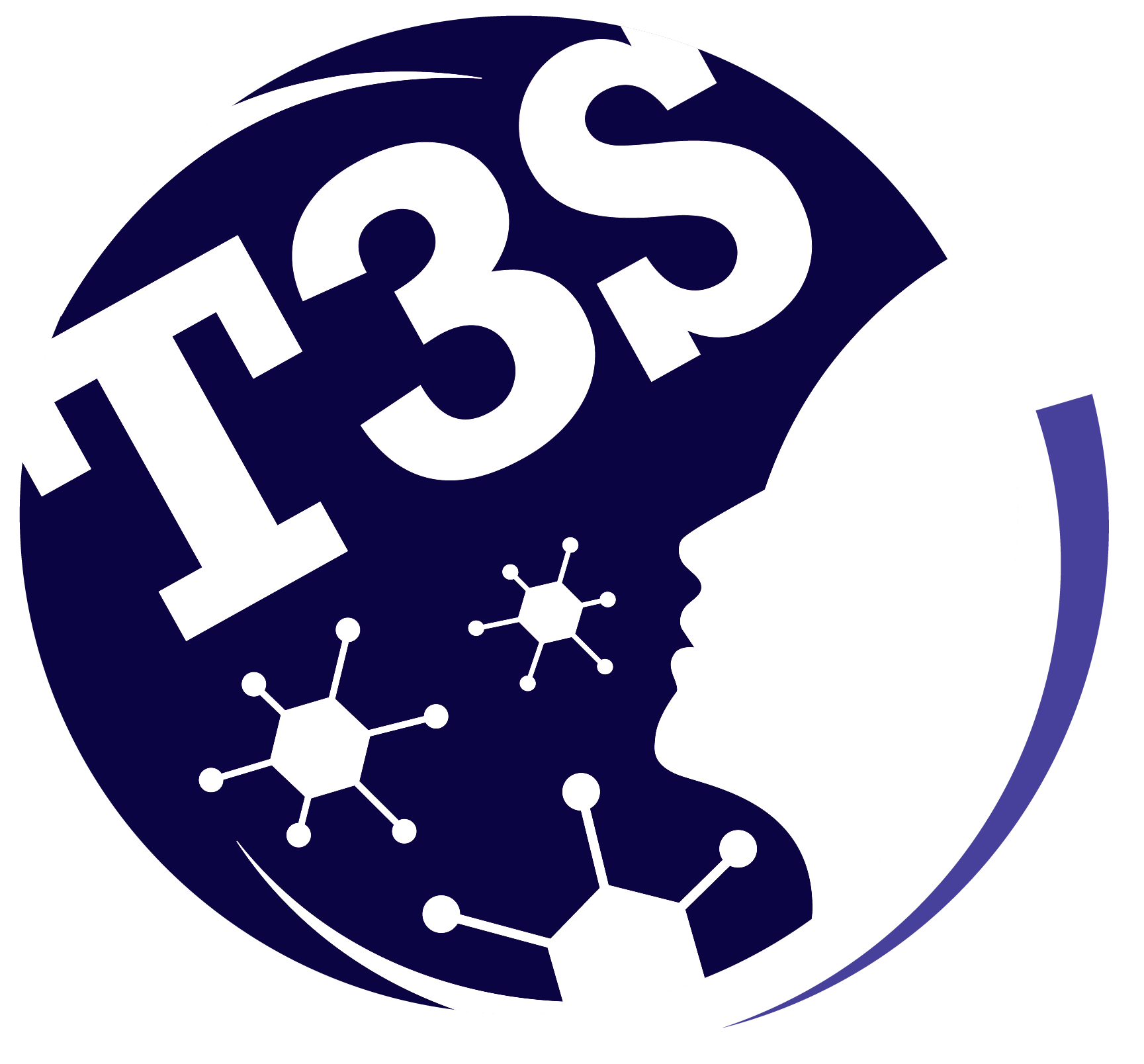Dr. Michael Skinner, invited by Pr. Xavier Coumoul
Michael K. Skinner – Center for Reproductive Biology, School of Biological Sciences, Washington State University, Pullman, Washington, USA.
Transgenerational effects of environmental toxicants significantly amplify the biological impacts and health hazards of these exposures. One of the most sensitive periods to exposure is during fetal gonadal sex determination when the germ line is undergoing epigenetic programming and DNA re-methylation occurs. Previous studies have shown that toxicants (eg Glyphostate) can cause an increase in adult onset disease such as infertility, prostate, ovary and kidney disease, cancers and obesity. Interestingly, this effect is transgenerational (F1, F2, F3 and F4 generations) and due to a permanent (imprinted) altered epimutation of the germline. The transgenerational epigenetic mechanism appears to involve the actions of an environmental compound at the time of sex determination to permanently alter the epigenetic (e.g. DNA methylation) programming of the germ line that then alters the transcriptomes of developing organs to induce disease susceptibility and development transgenerationally. In addition to DNA methylation, alterations in sperm ncRNAs and histone retention have also been observed. A variety of different environmental compounds have been shown to induce this epigenetic transgenerational inheritance of disease including: fungicide vinclozolin, plastics BPA and phthalates, pesticides, DDT, dioxin, hydrocarbons and herbicides like atrazine and glyphosate. Interestingly, exposure specific epigenetic alterations were observed between the specific toxicants. The suggestion that environmental toxicants can reprogram the germ line to induce epigenetic transgenerational inheritance of disease, which is a new paradigm in disease etiology, and indicates generational toxicology needs to be assessed in the future.
Click here to join the webinar (Zoom code : 553445)


